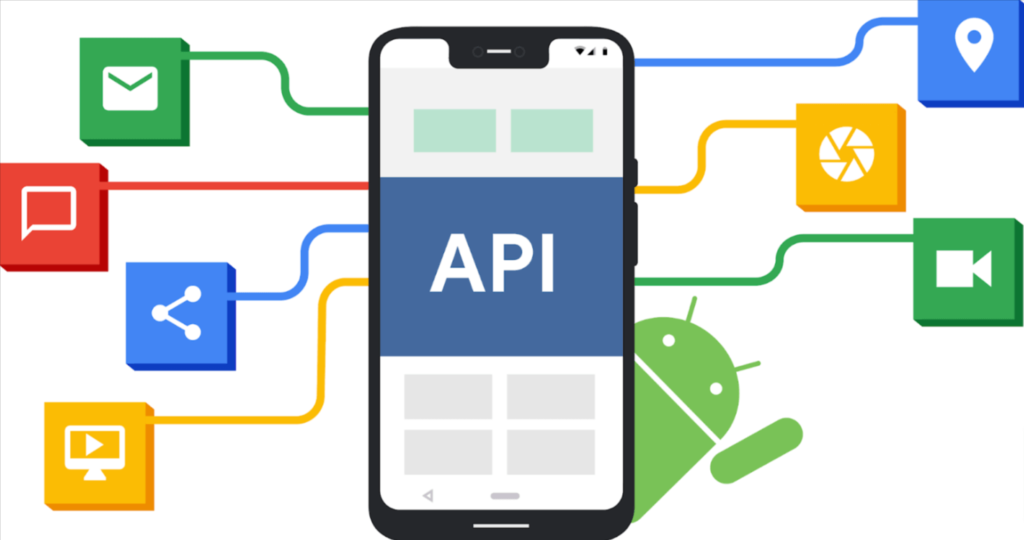API stands for Application Programming Interface.
These tools allow data to be shared between different applications, meaning that they bring unparalleled flexibility and open up a range of opportunities for programmers. APIs are extremely important for the development of mobile apps and might even be considered foundational as mobile technology advances.
More functions
The big benefit of an API like the one offered by Octopart is that it expands a mobile app’s potential without the need for additional programming or design work. By allowing applications to communicate with each other, an API can effectively offload a task from one app to another. This means that apps are no longer limited by their own infrastructure and code. They can expand outwards, incorporating new features and functionality from pre-existing applications, with none of the efforts of coding those features from scratch. This gives apps what might be termed a hybrid feel. Rather than existing in isolation, they operate at the heart of a vast network, which speaks volumes of the interconnected smartphone experience.
Quicker sign in
One underrated and less frequently discussed aspect of APIs is how they speed up the sign-in process between apps. Nobody wants to input all of their details every time they log into an app, and an API cuts out the necessity to do so. The option to sign into a range of different apps using your Google or Facebook login is down entirely to the presence of a robust API system. This dramatically simplifies and streamlines the user experience, not to mention provides some security benefits, too. Users are less likely to write down passwords and memorable information if they’re already saved.
Social media integration
Last but far from least, APIs facilitate much improved social media integration. This is perhaps the side of APIs that casual smartphone users will be most familiar with. The prompt to allow a social network (Facebook, Twitter, or Instagram, for example) to access your photos is commonly seen and most people simply click yes without thinking. This is evidence of an API in action. The API connects the application to social media, making it much easier for users to share photos, thoughts, and videos directly to their feeds. In the age of social media, this is huge, crucial for businesses, and helps to make mobile apps truly social.
Much faster development
That, of course, means dramatically shortened development times. Perhaps an app has a unique hook or selling point that sets it apart from the crowd. The developers (rightly) pour all of their attention into that feature and then use an API to build the functionality around it. APIs effectively allow developers to tap into features that exist elsewhere, on other applications. This equates to a more streamlined design process that cuts out unnecessary work on features that already exist. App design is notoriously fast-paced and the smartphone landscape sometimes seems to change on a near-daily basis. APIs allow developers to stay ahead of the curve and continue to innovate.







